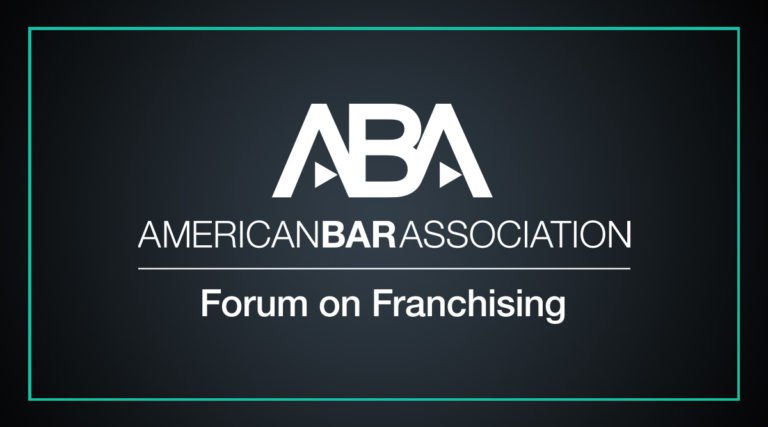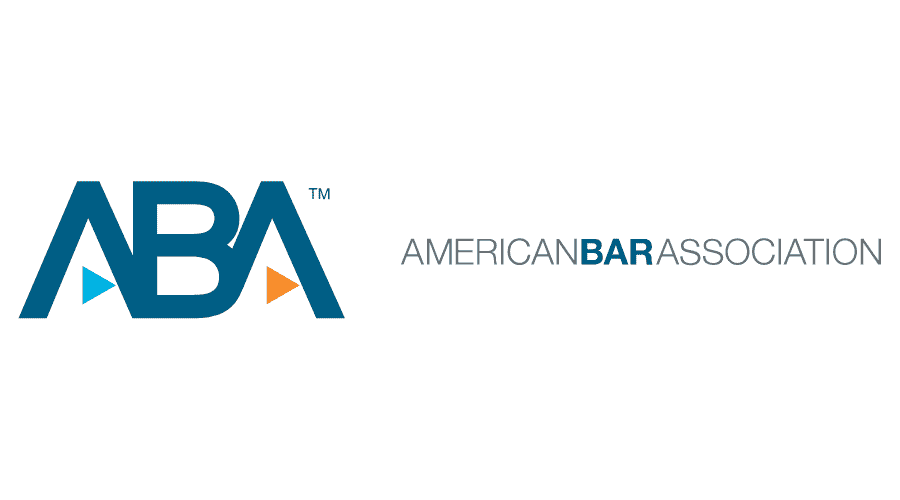Understanding Terms of Services: A Guide for Business Owners and Franchisors
As a small business owner or franchisor, establishing an online presence is vital for reaching a broader audience and expanding your customer base. However, this digital landscape comes with potential legal risks related to data handling, customer interactions, and intellectual property. To mitigate these risks, having a clear understanding of your legal agreements, specifically the Terms of Service and Privacy Policy, is essential.
What are Terms of Service?
Chances are, you're quite familiar with Terms of Service ("ToS") Agreements. In fact, if you have an account with any website, like LinkedIn, you have undoubtedly encountered one or at least scrolled through it.
Terms of Service, also known as "terms of use," are digital contracts between website owners and their users, outlining the rules and guidelines governing how consumers can use the website. Functionally, a ToS serves as a business' effort to protect themselves from potential liability and to exert some level of control, mitigation, or prevention of future litigation. Among the most common and crucial clauses in these agreements are the Limitation of Liability, Disclaimer of Warranties, and Arbitration provisions. These clauses play a vital role in defining the legal relationship between the website owner and its users.
What is a Limitation of Liability Provision?
A Limitation of Liability provision serves multiple essential functions within an agreement. Firstly, it ensures that the consumer agrees not to hold the business, its members, affiliates, agents, and others accountable for any activity resulting from the consumer's use of the website. Additionally, users commonly agree to exempt the company from any responsibility for content, products, or services associated with the website.
Most importantly, Limitation of Liability provisions are crucial in restricting the potential damages that can be awarded during a trial. This limitation encompasses various types of damages, such as indirect, special, incidental, consequential, or punitive damages. In some cases, Terms of Service (ToS) take it a step further and specify the specific theories of liability to which this limitation applies. For instance, a ToS could restrict liability arising from contract infringement, loss of business, or negligence claims.
By including a well-crafted Limitation of Liability provision, businesses can safeguard themselves and define the extent of their liability exposure while also ensuring clarity and protection for consumers using their website.
What is a Disclaimer of Warranties Provision?
A disclaimer of warranties serves a similar purpose to a limitation of liability, as it can help reduce damages and even prevent a case from advancing beyond the summary judgment stage in court. This is achieved by having consumers agree that the site and everything on it are provided "as is." To put it simply, it's like buying a car and accepting it with all its potential faults.
Essentially, the disclaimer provision informs consumers that the business is not making any promises to them regarding the site, its products, or services offered. In legal terms, sellers may typically provide certain warranties to consumers, such as warranties of merchantability (assuring that the product functions as intended) and fitness for a particular purpose (assuring that the product serves the specific purpose the consumer is purchasing it for). By disclaiming these warranties, the business reduces the likelihood of a successful lawsuit claiming that the site, product, or services did not meet their intended functionality.
In summary, the disclaimer of warranties is a crucial protective measure for businesses, providing clarity to consumers about the nature of the products or services offered and minimizing potential legal challenges.
What is an Arbitration Provision?
Under the law, plaintiffs possess the right to band together against a defendant, as long as their claims arise from the same transaction, occurrence, or series of transactions, and there is a common question of law or fact among all the plaintiffs. This legal mechanism is known as a class action, and it serves a valuable purpose in the judicial system. Notably, it allows courts to address multiple claims in a single case, streamlining the process. It also grants plaintiffs certain advantages when presenting their case to juries. Simultaneously, defendants can address all plaintiffs' concerns at once, without the threat of future litigation.
However, this right to pursue a class action can be waived through a contractual provision called the arbitration clause. By including an arbitration clause in a contract, the plaintiff agrees to relinquish their right to participate in a class action and, instead, opts for arbitration as an alternative means of dispute resolution.
Arbitration entails presenting arguments to a neutral third party, known as an arbiter, rather than before a judge or jury in a trial setting. The arbiter's decision ultimately resolves the matter, but they may or may not apply evidentiary law or the governing law in question, providing a quicker and less formal resolution. Nevertheless, arbitration can prove disadvantageous for plaintiffs, as it may deprive them of the benefits associated with class actions, such as the potential for favorability with juries and higher damage awards.
For businesses, the inclusion of an arbitration clause in contracts is often favored and considered essential. This clause safeguards against the potential drawbacks of class actions, providing a more controlled and predictable legal environment.
Are ToS Agreements Legally Enforceable?
Yes, ToS Agreements are legally enforceable. However, courts often hesitate to enforce contracts that contain excessive disclaimers of warranties and severely limit liability in all possible scenarios. This hesitance is especially pronounced since users typically cannot negotiate the terms of the ToS contract. Consequently, a court may rule that your ToS is one-sided and "unconscionable," rendering it unenforceable due to conflicting with "traditional notions of fair play and justice."
In our next article, we will discuss how to draft and present your ToS to consumers to better ensure its enforceability.
If you need a Terms of Service for your website, our team at Charter Law is here to help. For more information on how to build your brand, call Charter Law at (888) 644-1997 or email us at Info@CharterDifference.com.
By: Gage Meyers










